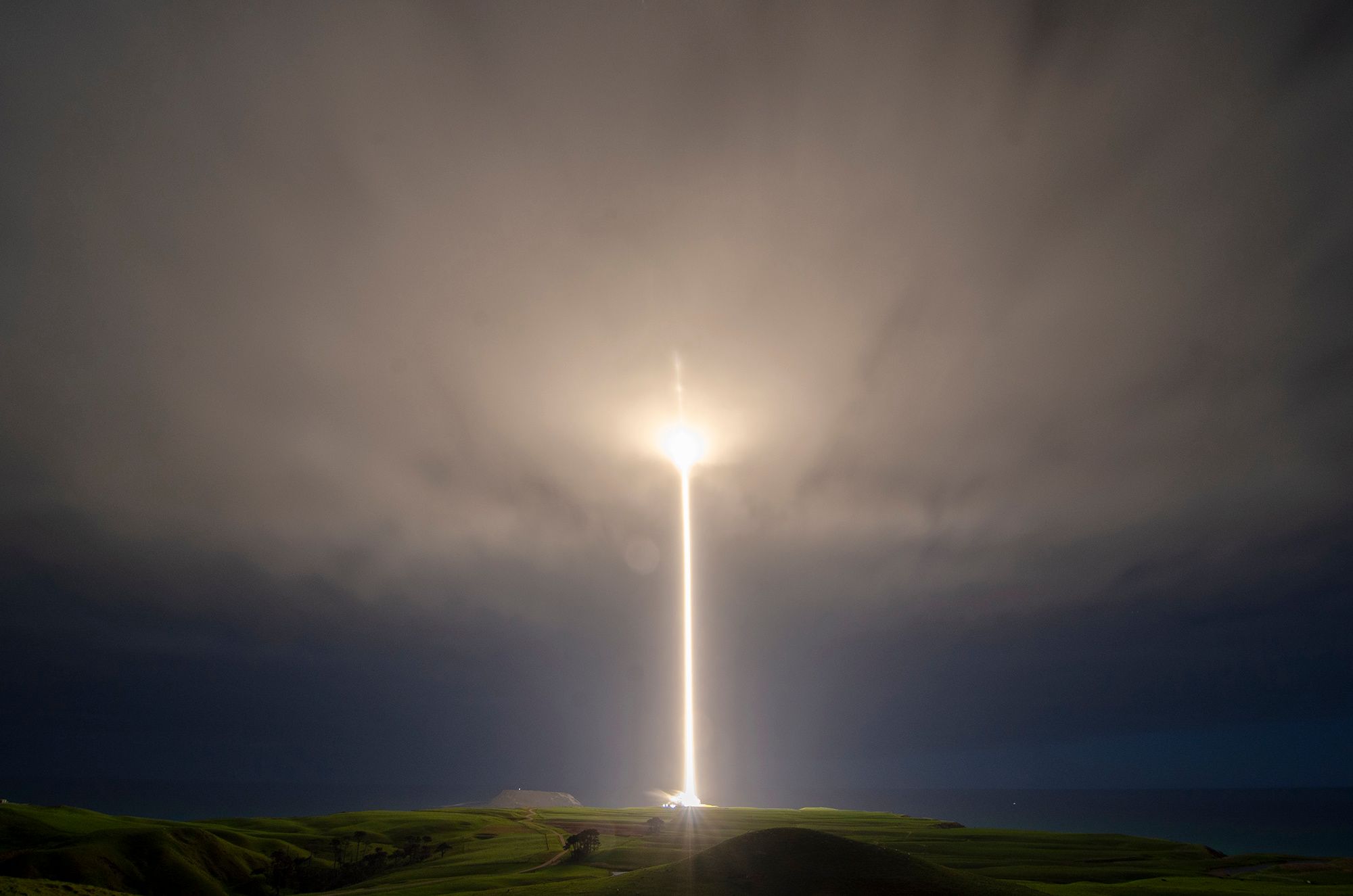🚀 Space
Space is the final frontier and is now being opened to everyone thanks to front runners such as NASA and now SpaceX and Elon Musk, Blue Origin and Virgin Galactic.
🌑 The moon has enough oxygen for a massive colony
There is enough oxygen on the moon for eight billion people to be able to breathe for 100,000 years.
🌍 "Data from space makes the world a better place – every day"
Rescue whales from colliding with cargo ships, alerting on a flood that is on its way, or monitoring emissions. Every day, data collected from space make a difference on Earth, says Amazon Web Services Clint Crosier.
🚁 Rocket Lab introduces first reusable rocket
Rocket company tries a new method of collecting rockets: by using a helicopter to retrieve it mid-air as it descends.
🔭 Deep learning machine ExoMiner validates 301 new exoplanets
301 potential exoplanets from the Kepler archive have now been validated through a new deep learning method, making the total amount of known planets outside of our solar system close to 5000.
🛰 Astroscale takes the fight against space junk
With space debris posing a growing threat towards future space ventures, efforts are being made to clean our orbits. Astroscale is a company at the forefront.
🌗NASA to test laser communication technology
To reduce latency in communications and increase data bandwidth across long distances in space, NASA is about to test optic communications.
☄ NASA to test asteroid deflection tech
Asteroids are a threat to life on earth. NASA has been developing measures to save Earth from Armageddon. This month they'll launch a spacecraft to put their theories and technology to the test.
🔭 The astronomers' wish list for the next generation of space telescopes
A giant telescope and two smaller space telescopes would give us new insights into the universe, says the National Academies of Sciences in a report.
🚀 The whole world is aiming for space
South Korea just launched its first rocket capable of payloads heavier than a tonne. There are way more players aiming to go to space than you might imagine.








